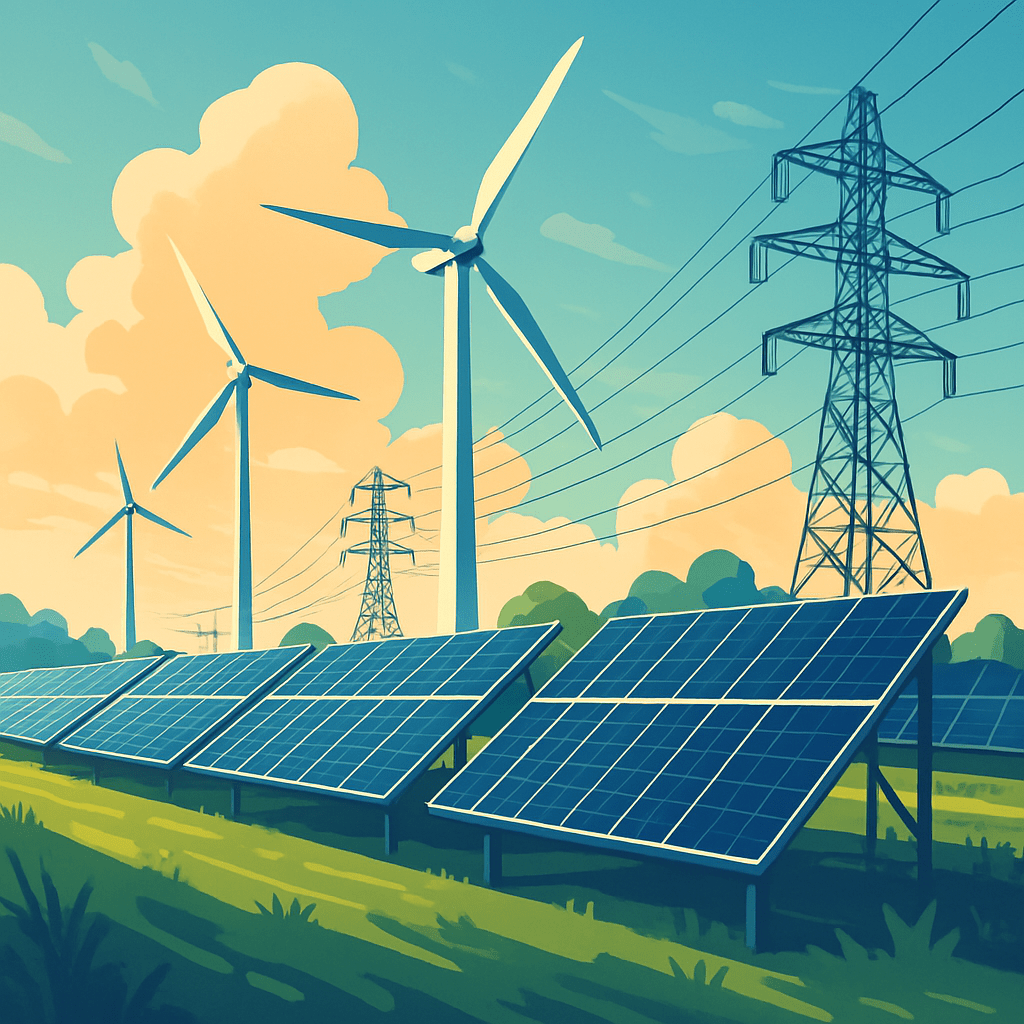
Updated: May 12 – 2025
BERLIN, GERMANY – Breakthroughs in renewable energy technology, particularly in solar panel efficiency and energy storage solutions, are accelerating the transformation of traditional power grids across several developed nations. Experts predict these advancements will significantly reduce reliance on fossil fuels and enhance energy security in the coming decade.
Recent innovations include new photovoltaic materials that can capture a wider spectrum of light, leading to a substantial increase in electricity generation even in less sunny conditions. Simultaneously, a new generation of batteries, featuring higher energy density and longer lifespans, is making it more viable to store large amounts of solar and wind power, addressing the intermittency challenges associated with these sources.
“We are at a pivotal moment where the cost-effectiveness and reliability of renewables are starting to outcompete conventional energy sources in many regions,” explained a senior energy analyst at a leading research institute. “This is not just about environmental benefits; it’s increasingly an economic imperative.”
Several countries have announced ambitious plans to modernize their national grids to better integrate these distributed energy resources. This includes investing in smart grid technologies, which allow for more dynamic management of energy supply and demand, and upgrading transmission infrastructure to handle the fluctuating nature of renewable power.
Challenges remain, however, including the need for substantial upfront investment and the development of regulatory frameworks that can keep pace with technological change. Public acceptance and community engagement are also seen as crucial for the successful deployment of new renewable energy projects, particularly large-scale wind and solar farms.